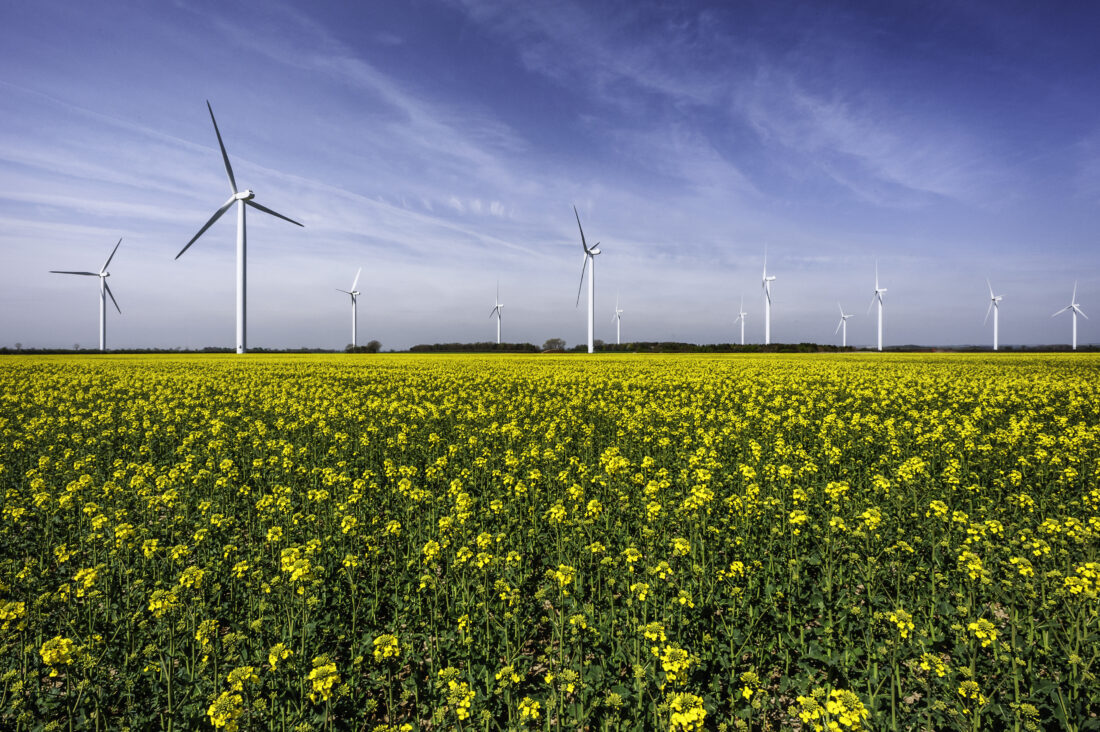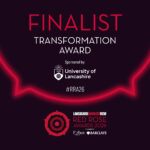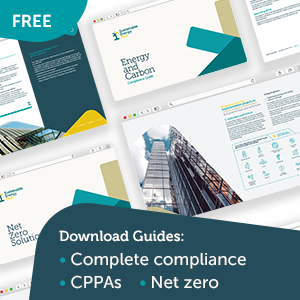A quick business guide to green energy procurement
As pressure builds for businesses to decarbonise, green energy procurement is vital to the conversation. If you’re exploring ways to cut your environmental impact, reduce energy costs, or simply make sense of green energy procurement, our quick guide will help you get started.
Green energy procurement (a term used interchangeably with ‘renewable energy procurement’) is when a business or organisation purchases energy from renewable sources to meet their energy needs. This reduces their reliance on fossil fuels, and subsequently lowers their carbon impact. Green energy sources typically include wind, solar, and hydro.
There’s a strong business case for switching to green energy, including:
- Compliance with growing sustainability regulations
- Enhanced ESG credentials
- Meeting stakeholder expectations and investor demands
- Price certainty
- Business resilience
- Competitive advantage
While direct energy consumption is classed as a Scope 2 greenhouse gas (GHG) emission, businesses with ambitious net zero targets are now looking beyond the emissions within their direct control and are aiming to decarbonise their entire value chain (Scope 3 emissions). As such, supply chain partners are under increasing pressure to set net zero targets of their own – sourcing renewable energy is one way of doing this.

The renewable energy procurement hierarchy
However, not all renewable energy is equally as ‘green’, with key impact differences in the source of energy, the technologies used and the mechanisms used in procurement. The renewable energy procurement hierarchy always prioritises sourcing energy from the most impactful and greenest sources first.
On-site generation
On-site technologies such as solar panels and wind turbines on business premises.
Corporate purchase power agreements (CPPAs)
With “indirect” or “virtual” CPPAs, energy generation can be located on or off-site. Users can negotiate directly with the renewable developer to purchase power at a fixed price over a long period of time – usually 15-20 years.
Sustainable Energy First’s Sustainable Energy Consortium
A straightforward way for businesses to access traceable, certified green energy from multiple renewable sources under a five-year fixed-price contract.
REGO-backed tariffs
Renewable Energy Guarantees of Origin (REGOs) are certificates that prove electricity has been generated from renewable sources. These have variable impact, as some suppliers will buy directly from renewable sites or build their own, while others will buy standard fossil fuel energy from the grid and pair it with REGO certificates (known as unbundled REGOs) which can be purchased or sold separately to the renewably-generated power.
Understanding CPPAs for business
For businesses looking to meaningfully green their energy supply but are unable to install onsite renewables, Corporate Power Purchase Agreements are often the next most effective route. They provide long-term price certainty, support the development of new renewable generation, and deliver traceable, high-quality green energy.
That said, CPPAs can be complex and aren’t always a fit for every business. They typically involve long-term contracts and may require a certain level of demand, creditworthiness or in-house expertise – factors that make them more suitable for larger organisations.
For businesses that want to make a real impact but need a more flexible alternative, there’s another option: Sustainable Energy First’s Sustainable Energy Consortium (SEC).
The Sustainable Energy Consortium as an alternative to CPPAs
The SEC offers a more flexible, low-barrier way for businesses to procure traceable, high-quality green energy from a mix of renewable assets, including solar, wind and hydropower.
Designed to democratise access to PPAs for UK businesses with electricity consumption over 1GWh per year, SEC enables businesses to join a competitively-priced contracting model under a fixed price contract of just five years and access traceable deep green energy without the complex, time consuming and costly contracting hassle that can come with CPPAs.
As well as a short-term contract, benefits of SEC include direct energy sourcing, pass-through non-commodity charges (truly cost reflective rather than fixed with a premium), and half-hourly matching, where energy used is matched with generation from specific assets, making that matched supply 100% traceable. Choosing SEC also means contributing to investment in new renewable energy generation, and supporting local community projects and UK economic development.
Neither a CPPA nor a standard green energy contract, SEC offers the best aspects of both, enabling businesses to make a tangible and verifiable difference to their energy impacts in a straightforward and accessible way.




